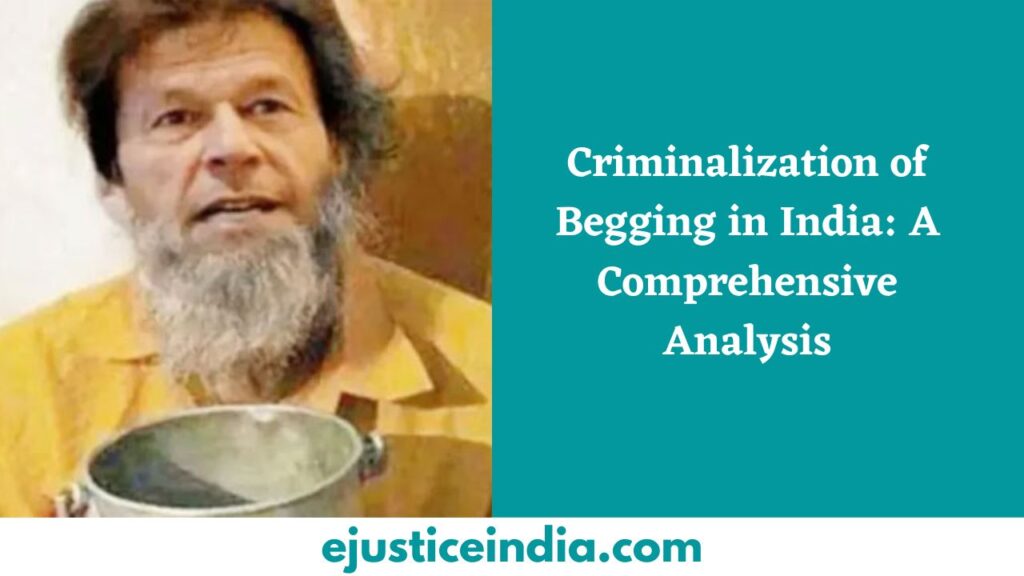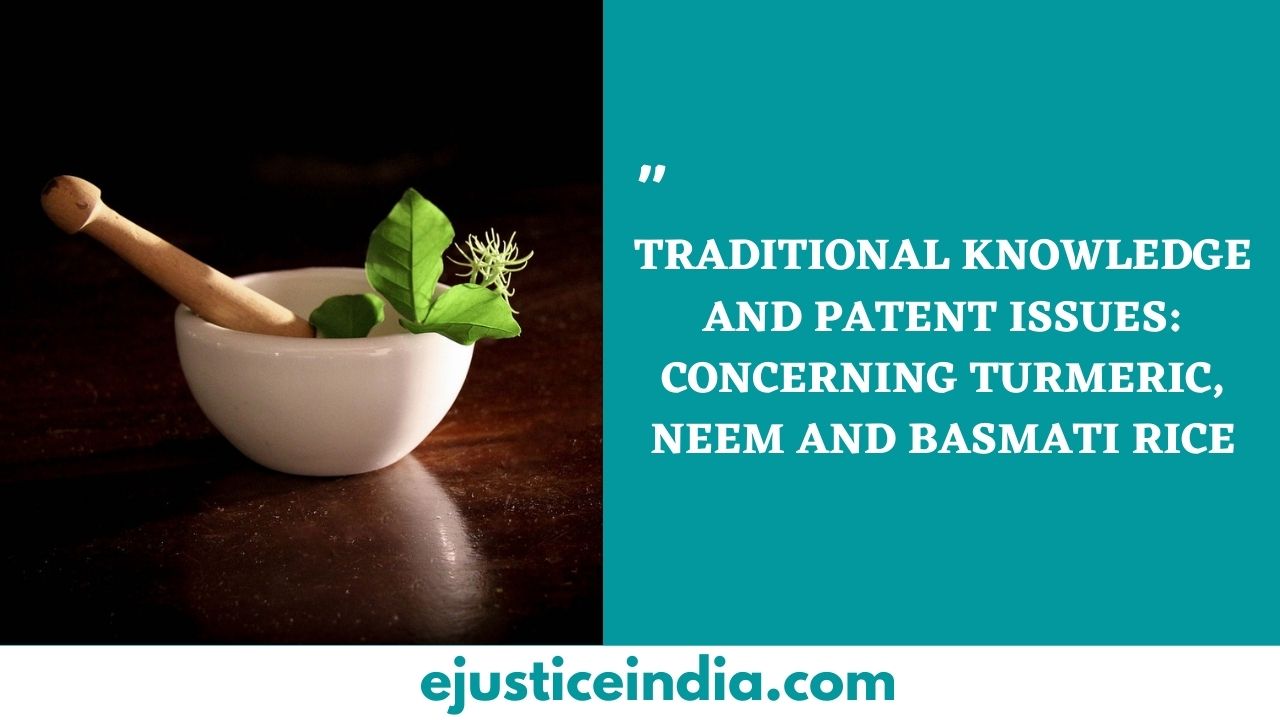Criminalization of Begging in India: A Comprehensive Analysis

Introduction:
Begging, an age-old practice tied to poverty and inequality, remains a pressing social issue in India. The complex interplay of socio-economic factors has led to discussions regarding the criminalization of begging. This article delves into the nuances of the Criminalization of Begging in India, exploring its historical context, legal framework, challenges, and the need for a more holistic approach.
Historical Background:
Begging has been prevalent in India for centuries, often linked to religious and cultural practices. However, over time, the rise in urbanization and economic disparities has transformed begging into a manifestation of societal inequalities and lack of opportunities. As a response, legislative efforts to address begging have been introduced, with varying degrees of success.
The Legal Framework:
The Bombay Prevention of Begging Act, 1959, marked a significant step in the formal regulation of begging. This legislation criminalized begging and empowered authorities to apprehend and rehabilitate beggars. However, the approach of criminalization did little to address the root causes of begging and instead treated the act itself as an offense.
In 2018, the Supreme Court of India issued a crucial ruling that decriminalized begging. The judgment recognized that criminalizing a person for seeking alms infringed upon their fundamental rights. The court emphasized that such an approach failed to account for the underlying socio-economic factors that often compel individuals to beg.
Challenges and Concerns:
- Human Rights Violation: Criminalizing begging raises ethical concerns by impinging on an individual’s right to livelihood and dignity. Many beggars are victims of circumstances beyond their control, driven to begging as a result of systemic failures.
- Effectiveness of Criminalization: Critics argue that punitive measures fail to address the complexities of begging. Criminalization can further marginalize vulnerable populations without tackling the factors that perpetuate the practice, such as unemployment and lack of social safety nets.
- Rehabilitation Hurdles: Although laws propose rehabilitation, their implementation often falters. Successful rehabilitation necessitates access to education, skill development, healthcare, and viable employment opportunities—elements that are often absent from the lives of beggars.
- Social Stigmatization: Criminalization sustains the stigmatization of beggars, deepening societal bias against them. This contributes to a cycle of discrimination, making reintegration into mainstream society challenging.
Advocating for a Comprehensive Approach:
- Social Welfare Programs: To address begging comprehensively, India must bolster social welfare programs. Poverty alleviation measures, access to education, healthcare, and skill development can uplift vulnerable populations and reduce the prevalence of begging.
- Rehabilitation Centers: Shifting the focus from punitive action to rehabilitation requires well-equipped centers. These facilities should provide vocational training, counseling, and medical care, facilitating beggars’ transition into productive roles within society.
- Raising Awareness: Public perception of begging must change through awareness campaigns. Such initiatives can foster empathy and encourage citizens to participate in poverty eradication efforts.
- NGO-Government Collaboration: Non-governmental organizations have a crucial role in offering support to beggars. Collaborative efforts between NGOs and the government can yield more effective rehabilitation programs and extend social outreach.
Conclusion:
The criminalization of begging in India remains a contentious subject, necessitating a balanced and empathetic approach. As the nation grapples with issues of human rights, poverty, and social justice, there is a growing realization that criminalization alone cannot address the complexities of begging. A compassionate and holistic strategy, combining social welfare programs, rehabilitation, and shifts in societal attitudes, is essential. By acknowledging the structural inequalities that underpin begging and offering comprehensive solutions, India can strive to eliminate the practice and uplift the lives of those who have long been marginalized. In doing so, India can work towards building an inclusive society that reflects its values and aspirations.


